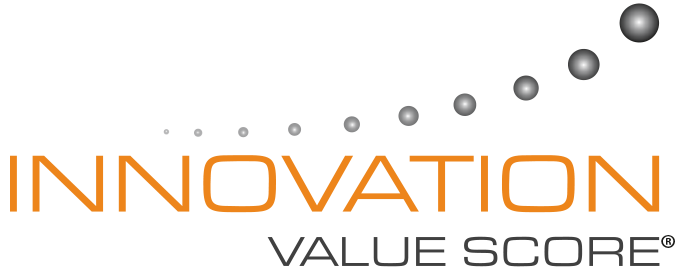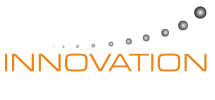Introduction
In the intricate landscape of project management, the ability to effectively tackle challenges can often be the difference between success and failure. Project Managers, Team Leaders, Entrepreneurs, Students, and Innovators all encounter obstacles that can jeopardize timelines, budgets, and overall project outcomes. This article is designed to provide a comprehensive guide on how to navigate project challenges with finesse, offering valuable insights and practical tips tailored to each role. If you need help in creating a marketing plan or advice and calculations regarding certain stages of an already active project, you can send a request do my marketing homework to https://essaysworld.net/do-my-marketing-homework.
Understanding Project Challenges
Project challenges come in various forms: scope changes that seem to appear out of nowhere, resource constraints that limit your team's capabilities, and communication issues that hinder collaboration. Ignoring or mishandling these challenges can have a cascading effect, leading to compromised outcomes and demoralized teams. Hence, proactive problem-solving is not just an asset but a necessity for successful project management.
Essential Problem-Solving Strategies
The problem-solving process is an intricate dance that involves several crucial steps: identification, analysis, solution, implementation, and evaluation. Each step is vital, and a solid foundation is built upon gathering the right data and information before attempting any solutions. An indispensable tool in the arsenal of successful problem solvers is root cause analysis, which helps identify underlying issues rather than addressing surface-level symptoms. To drive these concepts home, let's look at real-life examples of successful problem-solving strategies in action.
Tailoring Solutions for Different Roles
For Project Managers, prioritization is key. They must weigh challenges based on impact and urgency, ensuring that resources are allocated efficiently. Delegating tasks effectively also allows for a more focused approach to addressing challenges. Utilizing project management software further streamlines the process, providing a centralized platform to track and manage solutions.
Team Leaders, on the other hand, excel in fostering open communication. Encouraging team members to share challenges openly creates a culture of collaboration. By engaging in collaborative problem-solving within the team, leaders harness the collective intelligence to find the best solutions. Recognizing and rewarding innovative solutions further boosts morale and motivates the team.
Entrepreneurs face unique challenges, often tied to the dynamic nature of their ventures. Aligning problem-solving efforts with business goals is a guiding principle. Adapting quickly to changing circumstances and market demands is a hallmark of successful entrepreneurs. They leverage limited resources creatively, turning challenges into opportunities for growth.
For Students, applying problem-solving techniques in academic projects prepares them for real-world scenarios. Seeking guidance from mentors and professors helps refine their approach. The ability to transfer problem-solving skills to different contexts equips students with a versatile skillset.
Innovators thrive on a mindset of continuous improvement. Experimenting with new approaches and technologies is essential. They embrace failures as stepping stones, iterating on solutions until they achieve the desired outcome.
Overcoming Psychological Barriers
Effective problem-solving isn't solely about strategies; it's also about overcoming cognitive biases. Confirmation bias and groupthink can cloud judgment and hinder effective solutions. Recognizing these biases and implementing strategies to mitigate them is crucial. Maintaining a positive attitude and resilience in the face of challenges ensures that the problem-solving process remains constructive.
Tools and Resources
In the era of technology, several tools and resources can enhance problem-solving. Project management software like Trello and Asana streamline processes. Courses on platforms like Coursera and LinkedIn Learning offer specialized problem-solving training. A curated list of further reading and resources equips readers with avenues for continuous improvement.
Conclusion
Navigating project challenges demands a skill set that goes beyond technical knowledge. Whether you're a Project Manager, Team Leader, Entrepreneur, Student, or Innovator, effective problem-solving is your compass. By prioritizing challenges, fostering collaboration, aligning efforts with goals, and overcoming biases, you can confidently lead projects to success. Remember, the solutions to challenges often lie within the intersection of innovation and perseverance. So, embrace these strategies, cultivate your problem-solving prowess, and watch your projects sail smoothly through the stormiest of seas.
Order Your Copy Today

